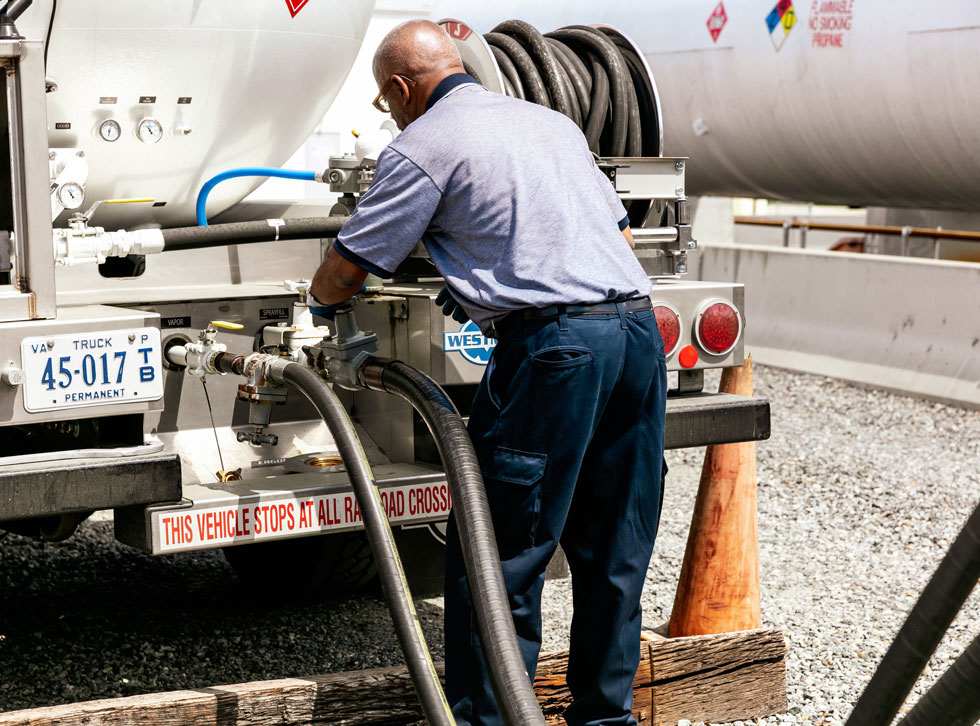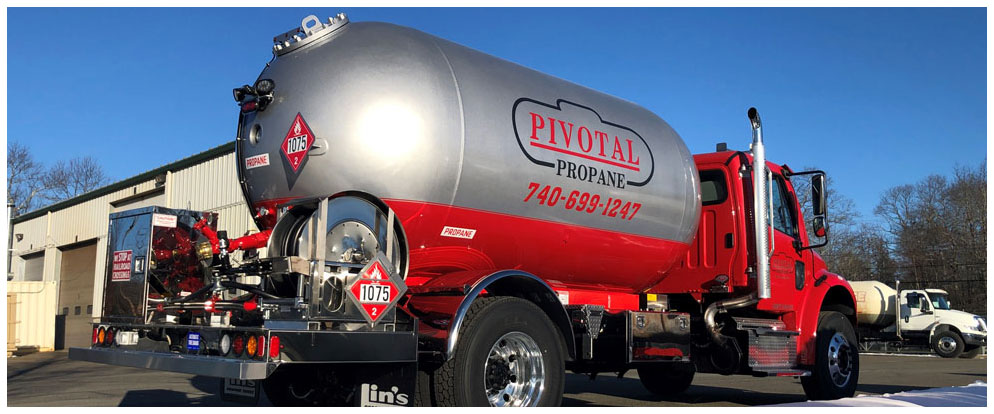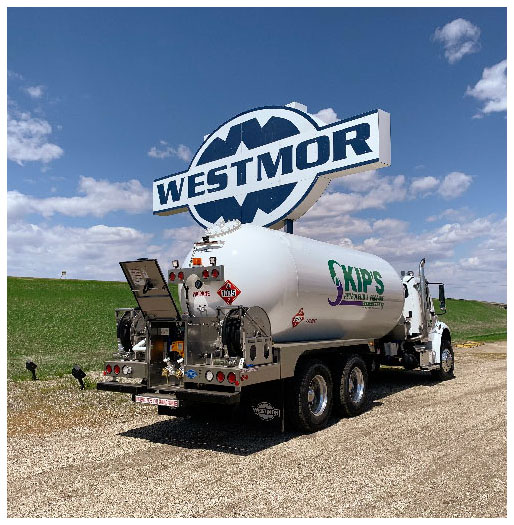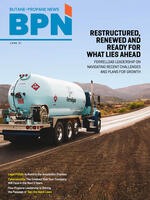
As with almost every other facet of the industry over the past year and a half, propane OEMs, dealers and service companies have continued to feel constraints caused by the pandemic. Most notably, these companies have had to find ways to circumvent an ongoing labor shortage and fluctuations in materials and supply.
This month, BPN caught up with three industry leaders from around the country who shared their take on 2021 bobtail trends, technological advances, what the industry expects and more. Meet the experts and read their insights below.
- Scott Swenson, sales manager, Lin’s Propane Trucks
- Jason Soulon, regional sales manager, Westmor Industries
- Joey Runnels, vice president, Mississippi Tank Company
BPN: What trends are you and your team currently watching specific to the work truck industry?
Soulon: The main trends we are focused on are the following:
- Efficiency, safety and new technologies to make our products better
- Lead times to ensure customers are getting their products in as timely a manner as possible
- Driver shortages and ways to improve the driver’s experience
Runnels: We are currently paying close attention to propane-powered engines to see how they will rebound from ongoing supply shortages. We’re also watching to see if the market will continue to support the use of the propane-powered engines as a whole.
Swenson: Stainless steel piping is a trend we are seeing more and more of recently. Though it has been done for years, we are seeing more customers request that the piping and valves on their new trucks be stainless steel. A small investment up front helps eliminate the need for future maintenance and repairs.
BPN: What is the most valuable technological advancement available in bobtail trucks?
Soulon: We have been heavily focused on driver’s assistance technologies, such as adaptive cruise control, collision mitigation systems, and drive cameras with obstacle detection. Westmor is also working with advancements like cloud-based data capturing and the integration of back-office software with bobtail equipment and chassis.
Runnels: One valuable advancement is the new Marshall Excelsiur Company digital float gauge dial, combined with the Base PLC3 display and the interlock read-out on the handheld.
Swenson: Years ago, almost everyone in the industry was making deliveries simply utilizing pump and print. Now everyone is using in-cab electronics.
The efficiencies that can be gained through using GPS, routing software and electronic posting are enormous. Propane marketers that aren’t currently using in-cab electronics are likely seriously looking into it.
BPN: Are bobtail manufacturers still experiencing some of the residual effects of the pandemic? How So?
Swenson: We are still seeing shortages on the body and chassis sides of the business. Whether manufacturers are having trouble securing parts or the materials to manufacture those parts, if you follow the problems far enough upstream, you will find they all come down to labor shortages.
They can’t find people to make the resins or the plastics or assemble the wiring harnesses. Individuals who worked 45 to 50 hours per week before the pandemic are now making more money to stay home.
The federal government has created this problem and, unfortunately, the federal government is the only one that can fix it.
Soulon: There seems to be surprises that come up pretty regularly. It requires us to be creative in getting the inventory needed to continue manufacturing and building our trucks. Some examples are:
- Chassis — There are shortages caused by a variety of things, including supply and demand, semiconductors, circuit boards, gauge clusters, power winder/door controllers and transmission control modules.
- Material Shortages — Steel pricing is volatile, and supply and demand has been a challenge. The different materials can cause issues with items like decking and fenders. Access to resins that are used to manufacture plastics and lighting components and wire harness systems have been virtually unavailable.
Runnels: Chassis are just now starting to be delivered to the upfitters, and some of the OEMs are still having issues getting parts to build the chassis.
BPN: What are some prevailing challenges companies face regarding propane delivery and transport?
Soulon: Our customers have communicated a number of concerns around driver shortages. There aren’t enough drivers; new hires don’t want to stay in that line of work as long as they once did; and those drivers that have been in the industry for a number of years are retiring.
We are also all aware of the “electrify everything” movement, which is causing plenty of anxiety for companies that deliver and transport propane, in addition to just regular support for electric vehicles, and states are looking at legislation to support “fuel switching.”
And lastly, regulations — the more there are regarding the use of fossil fuels, the more challenging it becomes for these companies to do business.
Runnels: A shortage of qualified drivers and gas salesmen are the biggest issues the industry currently faces.
Swenson: The greatest short-term challenge for propane delivery and transport is securing equipment. With widespread shortages and out of control inflation, the question is twofold:
- Is it possible to find the equipment?
- If so, how much more is it going to cost the company than it would have six months ago?
Cab and chassis, tractors, transports, bobtails and service bodies all have lead times well into the next calendar year.
BPN: Are there any new features or models your company is unveiling soon that our readers need to know about?
Swenson: Over the past year, we have introduced our stainless-steel Department of Transportation-engineered bumper assembly. Stainless-steel decks are not uncommon in the bobtail industry, but the engineered portion has traditionally been steel.
We have now added the option of a complete stainless deck where the structural as well as the functional portion of the deck is stainless steel.
Soulon: The main thing we will be focusing on are some refinements to our patented Ergoload Deck, which provides an ergonomic loading experience for propane drivers. Drivers load at waist-height, keeping them from lifting heavy hoses, alleviating strain and stress on the operator.
We’ve expanded our offerings to include a fully enclosed deck for those in states like Minnesota, where there is dust, dirt and in some seasons, snow, ice and everything in between. We’ve also had some customers interested in a version that just covers the loading area, so expect to see more on that soon.
Another technology we’re refining is one that will make it easy to pull hoses. Without telling the readers too much, think about how nice it would be to be able to head [in] any direction with your hose without having to pull it all the way out before taking it at an angle.
Stay tuned for more on that front — and look for our booth at the 2021 NPGA Southeastern Convention & International Propane Expo.


